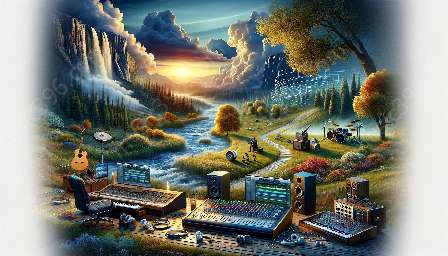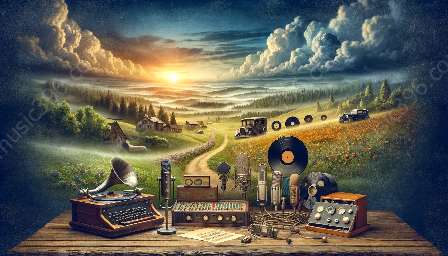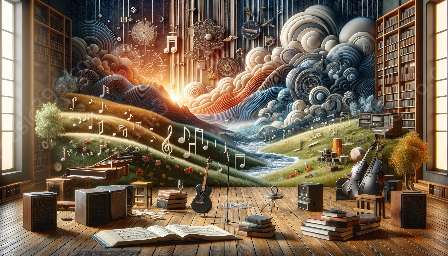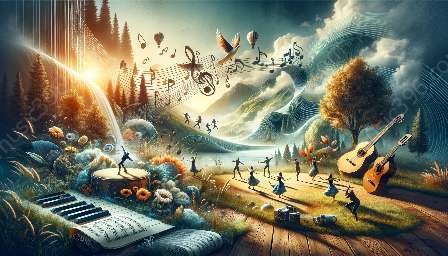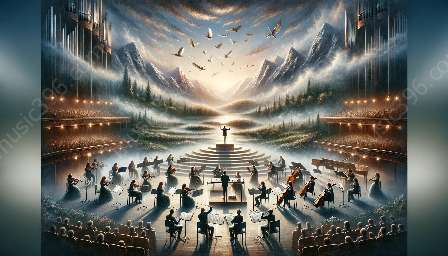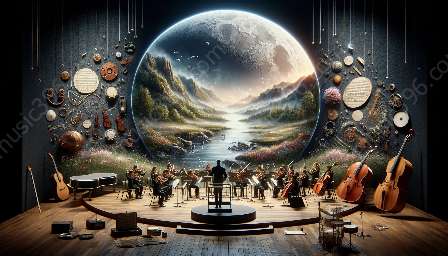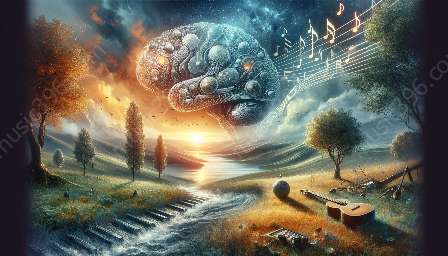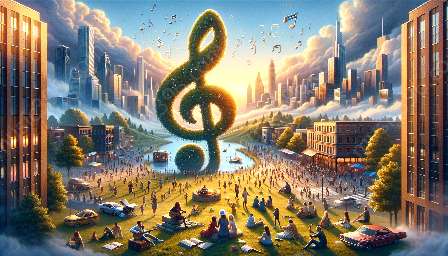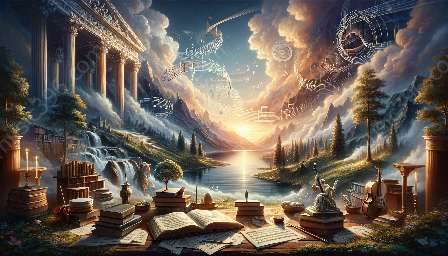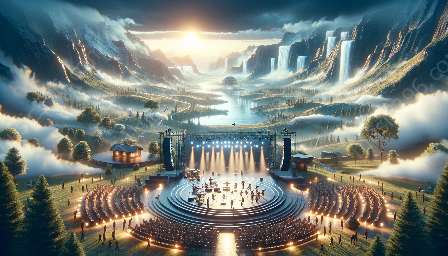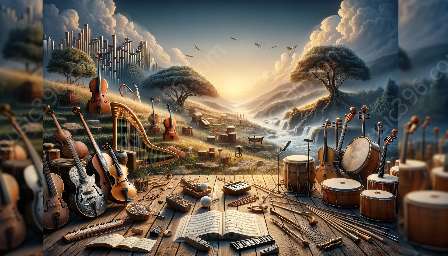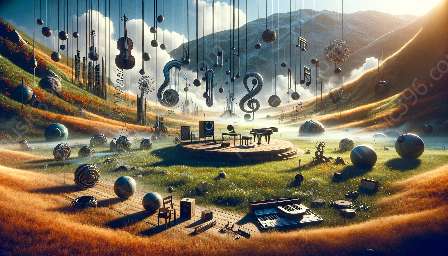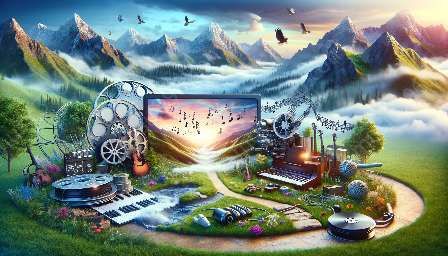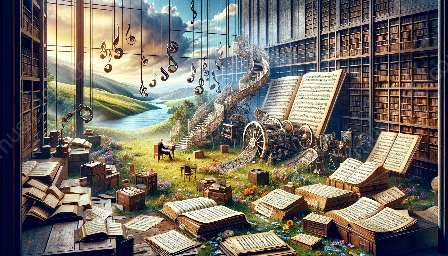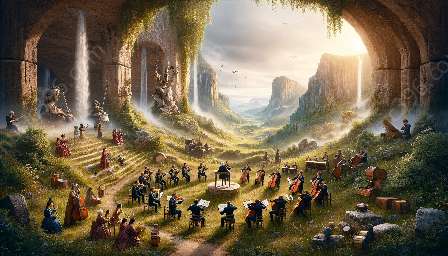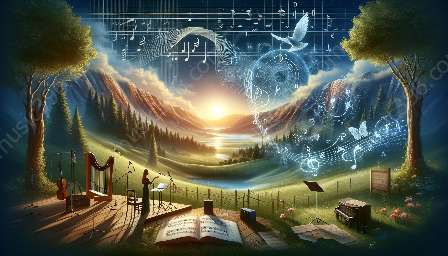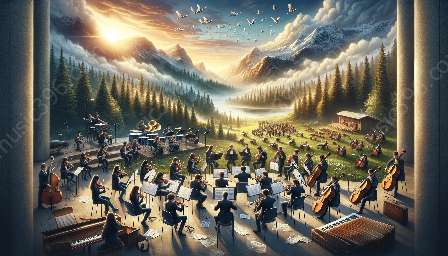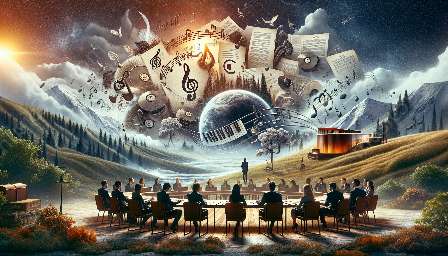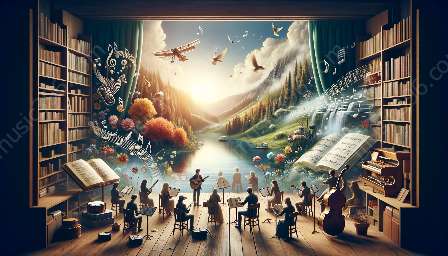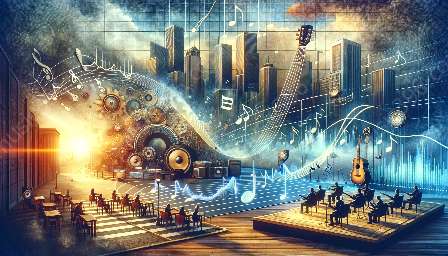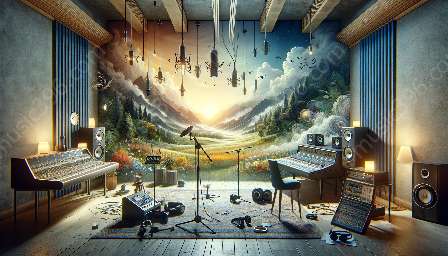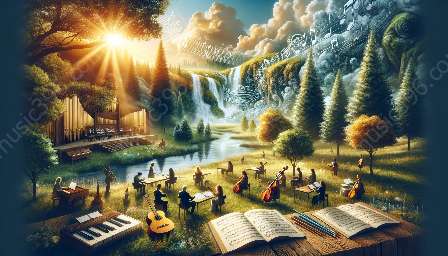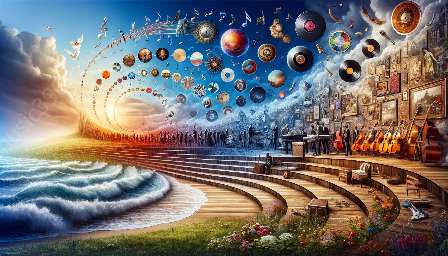Music technology has significantly impacted the preservation of musical heritage, playing a pivotal role in the study, documentation, and dissemination of historical and contemporary music. This article will explore the convergence of music technology and the preservation of musical heritage, incorporating research methods, music bibliography, and relevant references to provide an in-depth understanding of this vital field.
Introduction to the Preservation of Musical Heritage
Musical heritage encompasses a diverse range of cultural expressions, including traditional music, classical compositions, indigenous songs, and contemporary genres. As societies evolve and technology advances, there arises a pressing need to safeguard and celebrate the rich tapestry of musical traditions that define various cultures worldwide.
The Role of Music Technology in Preservation
Advances in music technology have revolutionized the preservation and dissemination of musical heritage. From digital archiving and restoration techniques to innovative virtual reality experiences, technology has become an indispensable tool for conserving and promoting musical traditions.
Digital Archiving and Preservation
Music technology enables the creation of digital archives, where audio recordings, sheet music, and historical documents can be meticulously preserved and accessed. These archives serve as invaluable resources for researchers, musicians, and enthusiasts, ensuring that historical musical artifacts are not lost to time.
Restoration and Audio Preservation
Through advanced audio restoration software and techniques, music technologists can rejuvenate deteriorating recordings, allowing listeners to experience vintage performances with enhanced clarity and fidelity. This process contributes to the revitalization of musical heritage and offers new insights into the artistic achievements of previous generations.
Virtual Reality and Immersive Experiences
Music technology has paved the way for immersive experiences that transport audiences to historic concert halls, traditional performance spaces, and cultural landmarks. Through virtual reality and augmented reality applications, individuals can engage with musical heritage in unprecedented ways, fostering a deeper appreciation for diverse musical traditions.
Research Methods in the Preservation of Musical Heritage
Researchers in the field of music technology and preservation employ various methodologies to explore and document musical heritage. Ethnographic studies, archival research, and interdisciplinary collaborations are integral to uncovering the historical, social, and technical dimensions of musical traditions.
Ethnographic Fieldwork
Ethnographic fieldwork involves direct engagement with musicians, communities, and cultural practitioners to study living musical traditions. This approach allows researchers to document intangible cultural heritage, capture oral traditions, and gain insights into the socio-cultural significance of music within specific contexts.
Archival Research and Bibliography
Archival research forms the foundation of music bibliography, enabling scholars to trace the evolution of musical works, genres, and performance practices. By critically analyzing historical documents, manuscripts, and recordings, researchers contribute to the comprehensive documentation and preservation of musical heritage.
Interdisciplinary Collaborations
Interdisciplinary collaborations between musicologists, technologists, anthropologists, and preservationists facilitate a holistic approach to the study of musical heritage. These partnerships foster the exchange of knowledge, methodologies, and resources, enriching the understanding of music within its cultural and technological contexts.
References and Further Reading
For those interested in delving deeper into the intersection of music technology and the preservation of musical heritage, the following references provide valuable insights and perspectives:
- 1. Preserving Our Musical Heritage: A Bibliography of Historical Musical Instruments and Recordings – Author: Dr. Elizabeth Smith
- 2. Technological Innovations in Music Preservation – Author: Dr. James Brown
- 3. Archiving Cultural Soundscapes: Strategies for the Digital Age – Author: Prof. Maria Garcia
These resources offer a comprehensive overview of the evolving field, addressing the challenges, opportunities, and ethical considerations surrounding the preservation of musical heritage. By engaging with these works, scholars and enthusiasts can gain a nuanced understanding of the complexities inherent in safeguarding and promoting diverse musical traditions.






